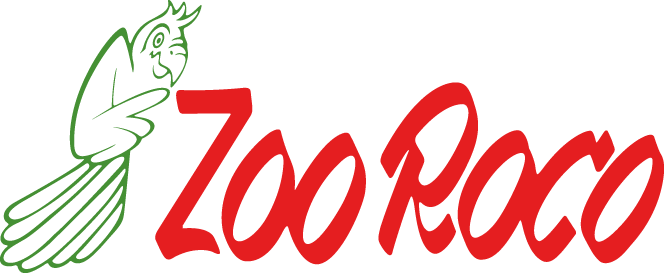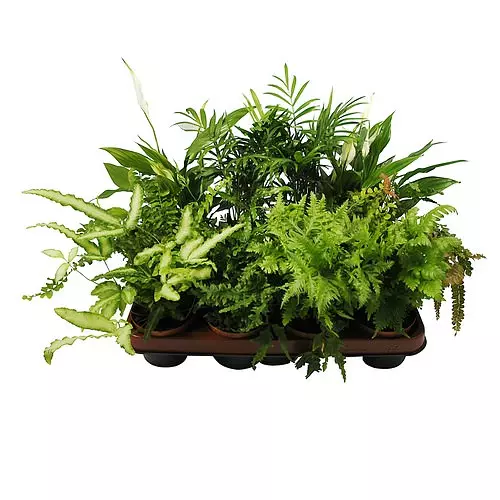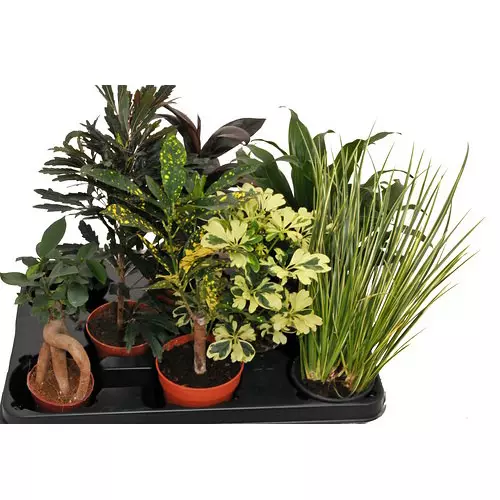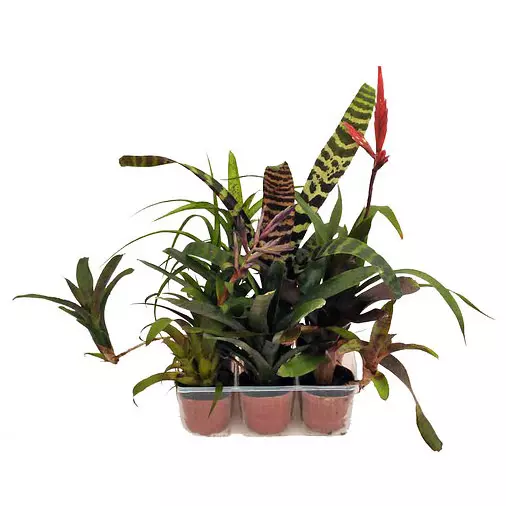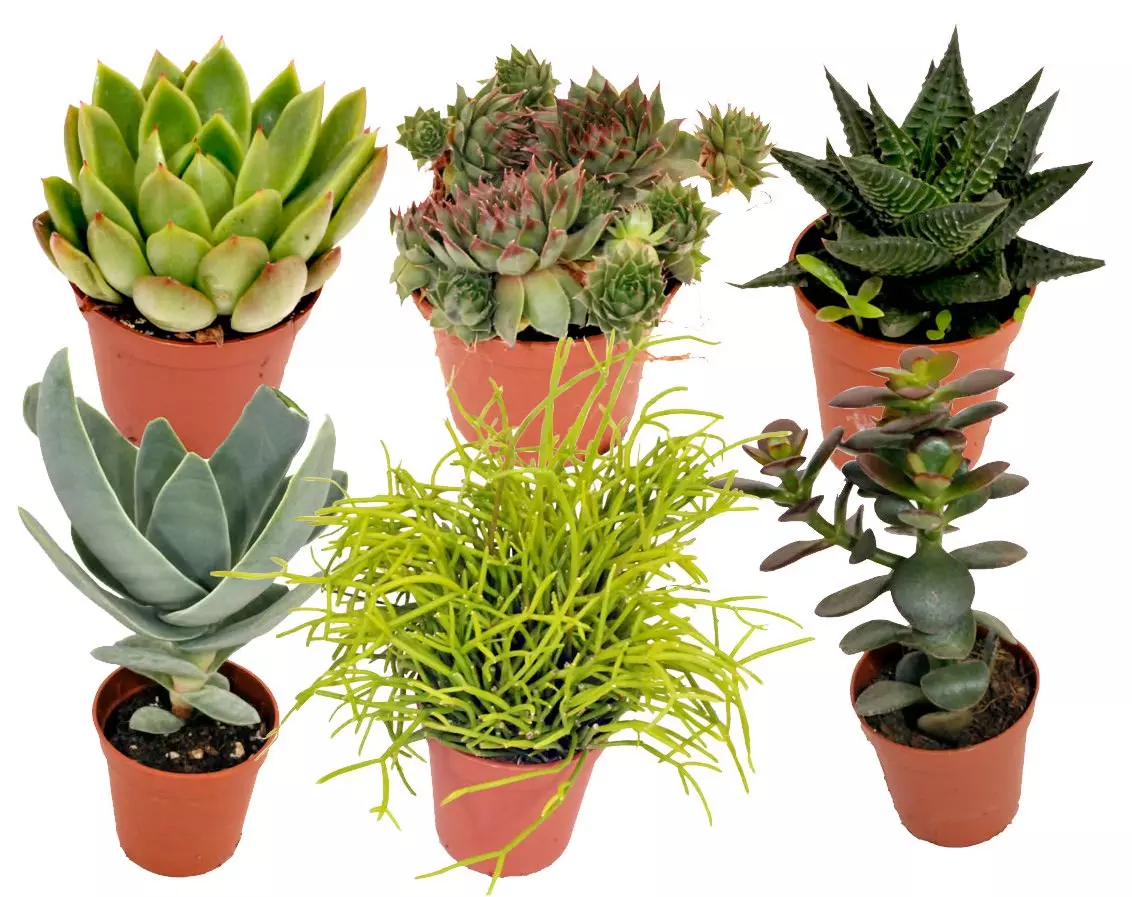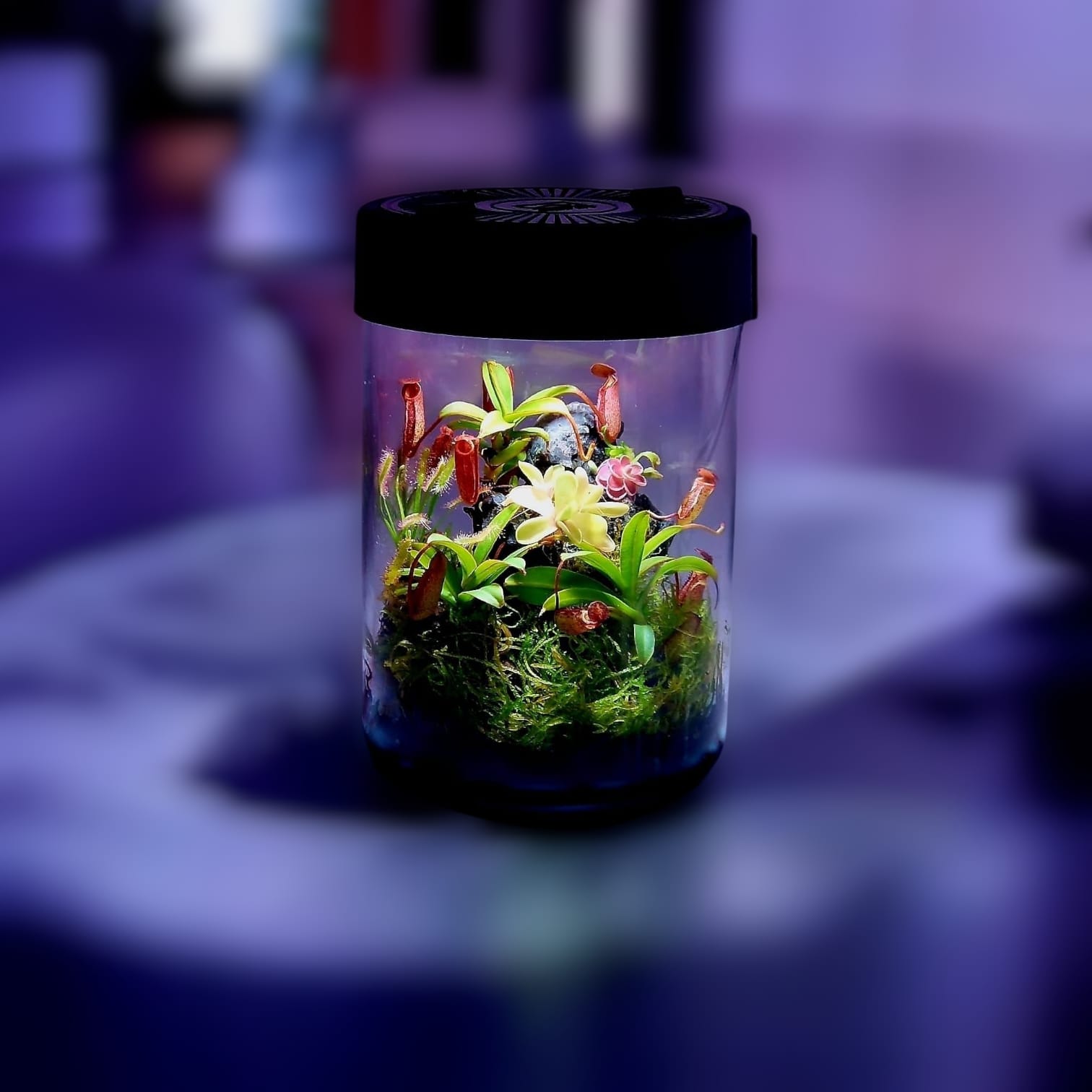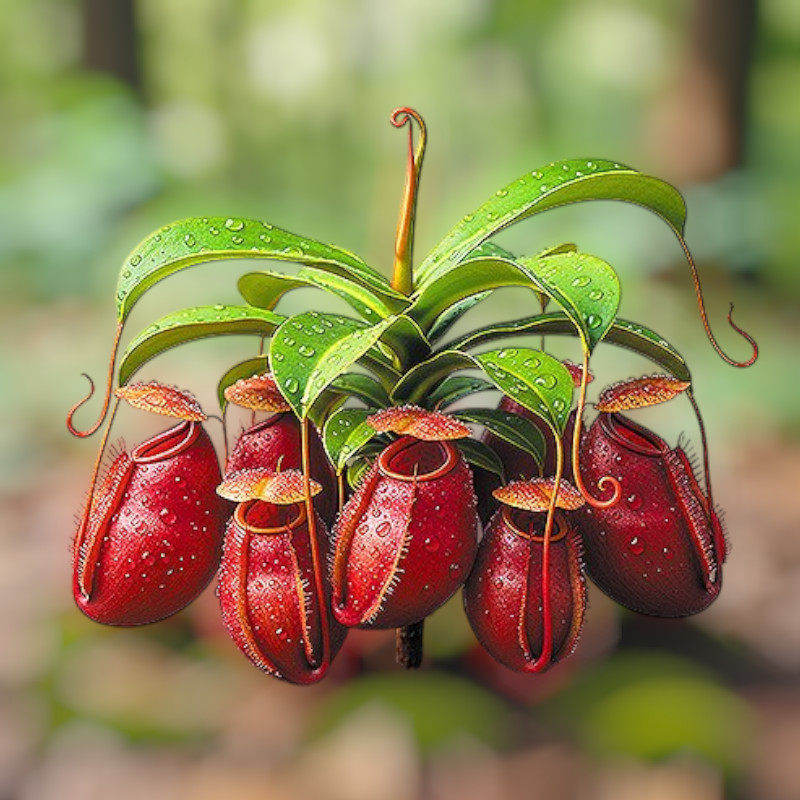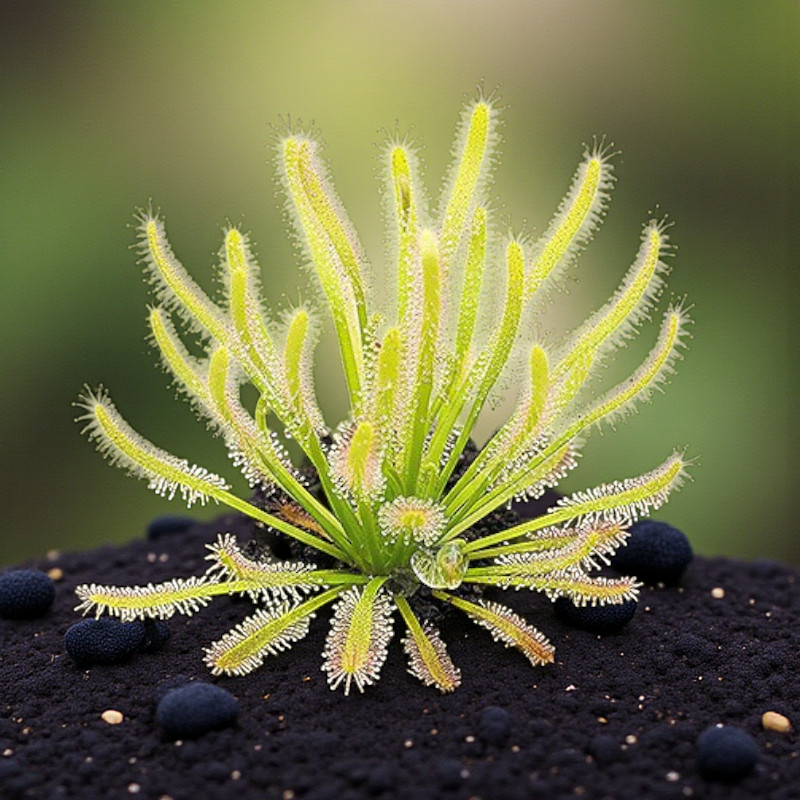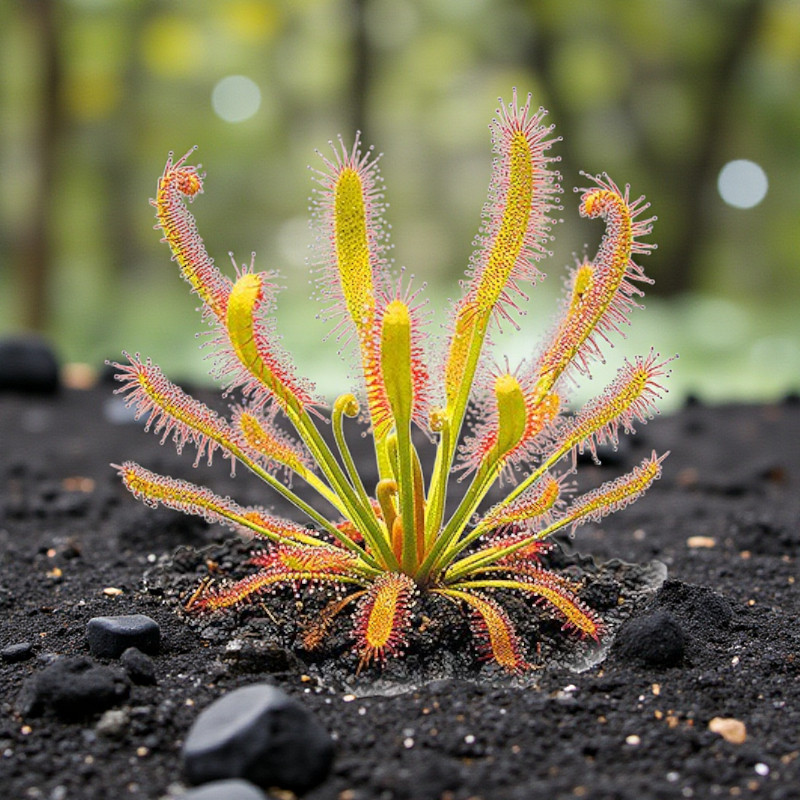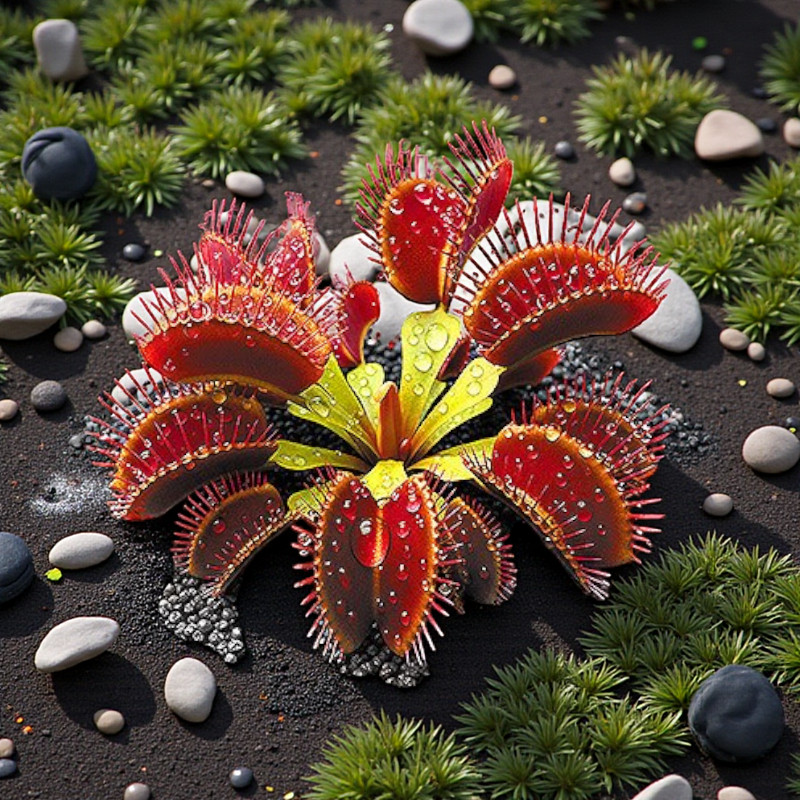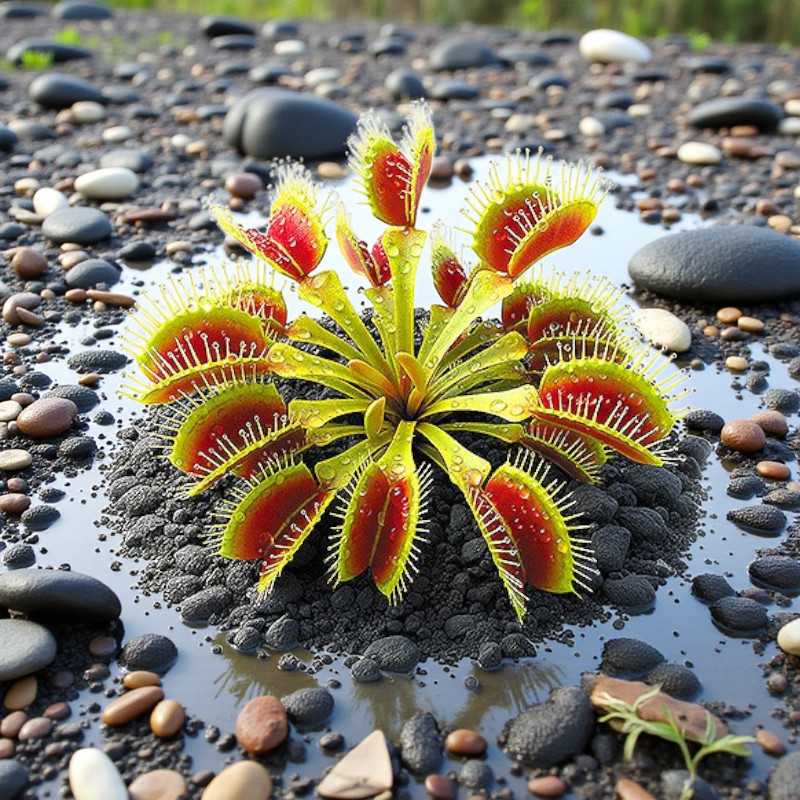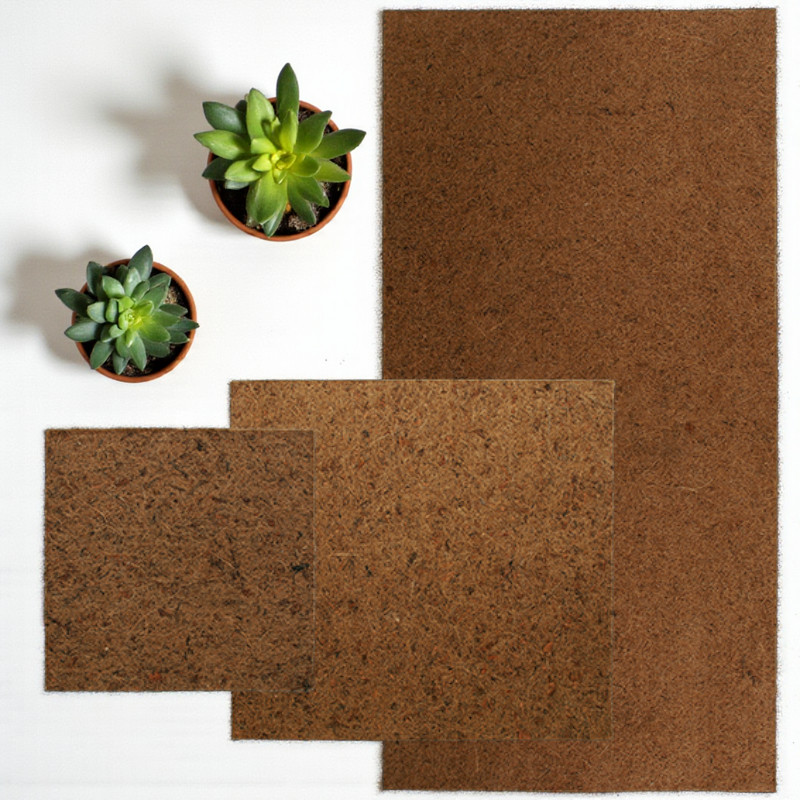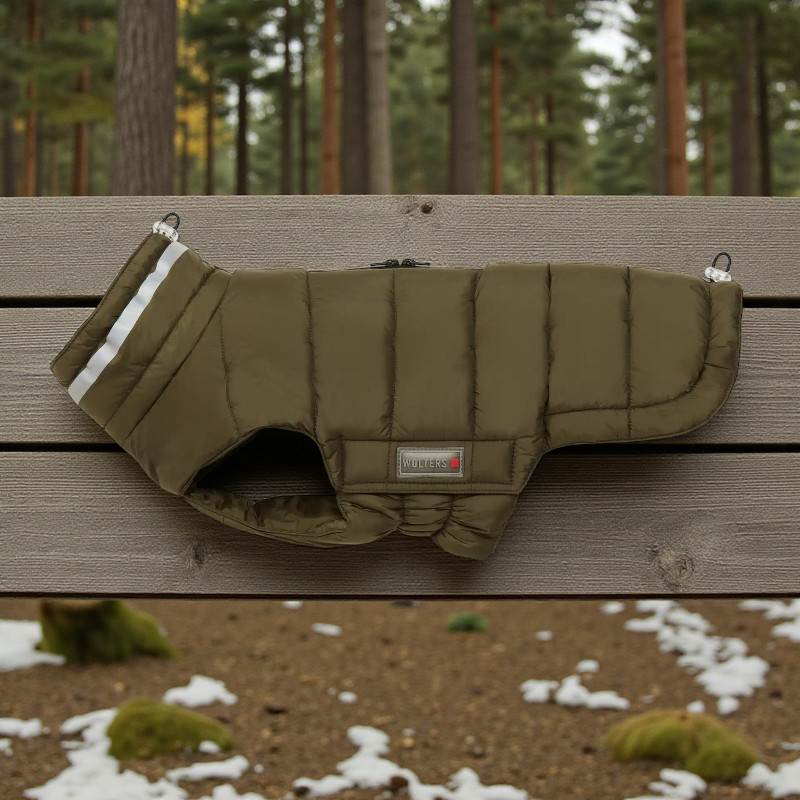

CHF 6.50
Stock: 0
Available in 1-3 days, acquisition time 10 days

Ground cover plant for wet terrarium
- Ground cover plant
- assorted and mixted
- For a colour copper in terrarium
The plants are delivered by us sorted according to the stock. You will not receive the whole assortment shown, but as many pots as you order.
11 of 11 reviews
4.73 out of 5 stars
Login
13 May 2025 10:52
Je vous le recommande
Jolie plante en bonne santé
13 February 2025 13:55
Belle plante arrivée en bon état
Belle plante arrivée en bon état
8 March 2021 10:25
Mit denen bin ich zufrieden, wäre aber
Mit denen bin ich zufrieden, wäre aber toll wenn man jedesmal andere bekommt, wenn man erneut bestellt, oder genauer auswählen kann
17 September 2020 20:17
Bestellenwieder bei euch
Alles perfekt geklappt
1 November 2019 00:42
Très bon service
Très bon service ! Livraison rapide, les pkantes étaient très bien emballées et encore bien fraîches. La seule chose a redire est le faire qu'il ny ait pas d'indication sur les espèces de plantes que l'on reçoit.
24 September 2019 09:17
Guter Zustand
Die Pflanze war in einem sehr guten Zustand
1 August 2019 15:39
Schöne, kräftige Pflanzen.
Leider waren die Pflanzen schlecht verpackt. Als ich das viel zu grosse Paket öffnete, war alles über den Haufen geworfen. Die Pflanzen selber, vor allem die Efeututen sind wirklich schön und gedeihen prächtig.
21 November 2018 21:10
Bin vol und ganz zufrieden
Bin vol und ganz zufrieden
29 August 2018 18:59
Schöne pflanzen grösse ...
Schöne pflanzen grösse past super
13 November 2017 20:25
Super schöne Pflanze erh...
Super schöne Pflanze erhalten. Top Qualität, welche sich im Terrarium bewährt.
Customers also bought
Similar products
Customers also viewed
